EXPERIENTAL & INTERACTIVE BRANDING COURSES
The Experiential and Interactive Branding course is designed to equip professionals with the skills needed to create immersive and engaging brand experiences. This course explores the principles of experiential branding, which focuses on creating memorable experiences that resonate deeply with consumers and foster emotional connections with the brand. Participants will learn how to design and execute events, activations, and other interactive touchpoints that enhance brand perception and drive customer loyalty. The course also delves into the use of digital tools and technologies to create interactive brand experiences, including the use of augmented reality (AR), virtual reality (VR), and other innovative platforms.
Throughout the course, students will engage in hands-on activities and analyze case studies of successful experiential and interactive branding campaigns. They will learn how to integrate these strategies into broader marketing efforts, ensuring consistency and alignment with overall brand goals. Topics include sensory branding, creating immersive environments, leveraging social media for interactive engagement, and measuring the impact of experiential campaigns. By the end of the course, participants will have a comprehensive understanding of how to craft compelling brand experiences that captivate audiences, differentiate their brand in the marketplace, and ultimately drive business growth and customer loyalty.
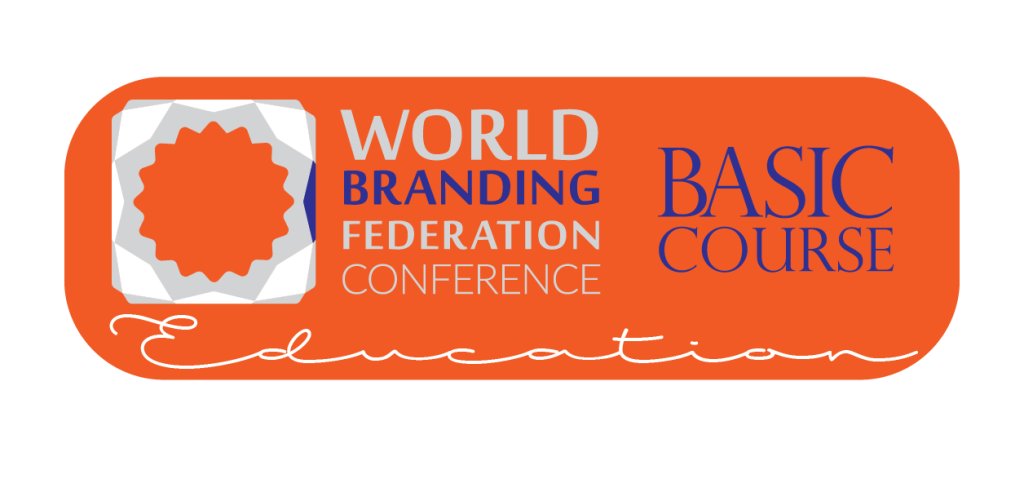
Basic Interactive Branding
Interactive Branding explores the use of interactive media to engage consumers and build brand loyalty. This course covers strategies for creating interactive brand experiences, using digital tools and platforms, and measuring the effectiveness of interactive campaigns.
24 Houres
- Familiarity with Basic Branding Concepts
Introduction to Interactive Branding
1.1 Introduction to Branding Basics (1 hour)
- Understanding the fundamental principles of branding
- Importance of branding in business
1.2 Overview of Interactive Branding (2 hours)
- Definition and significance of interactive branding
- Key differences between traditional and interactive branding
1.3 Core Elements of Interactive Branding (2 hours)
- Components: User experience, engagement, and interaction
- Building a cohesive brand identity across interactive platforms
1.4 Case Studies: Successful Interactive Brands (1 hour)
- Analyzing real-world examples of successful interactive branding
- Discussion on what makes these brands effective
1.5 Workshop: Identifying Interactive Opportunities (2 hours)
- Group activity to identify and brainstorm interactive branding opportunities
- Presentation and feedback session
Tools and Techniques in Interactive Branding
2.1 Interactive Branding Strategies (2 hours)
- Developing interactive strategies for different platforms
- Integrating interactive elements into existing branding strategies
2.2 Digital Tools for Interactive Branding (2 hours)
- Overview of tools and technologies used in interactive branding
- Practical demonstrations of popular tools
2.3 Creating Engaging Content (2 hours)
- Techniques for creating content that encourages interaction
- Best practices for maintaining engagement
2.4 Workshop: Developing Interactive Content (2 hours)
- Hands-on activity to create interactive content
- Group presentations and feedback
Implementation and Measurement (8 hours)
3.1 Implementing Interactive Branding Strategies (2 hours)
- Step-by-step guide to launching interactive branding initiatives
- Common challenges and solutions
3.2 Measuring the Success of Interactive Branding (2 hours)
- Key performance indicators for interactive branding
- Tools and methods for measuring engagement and effectiveness
3.3 Managing Interactive Branding Campaigns (2 hours)
- Tips for managing and optimizing ongoing interactive campaigns
- Responding to user feedback and adjusting strategies
3.4 Final Project: Interactive Branding Plan (2 hours)
- Group activity to develop a comprehensive interactive branding plan
- Presentation and final feedback session

- Ella Thompson

- Gabriel Rose

- Eleanor Clarke
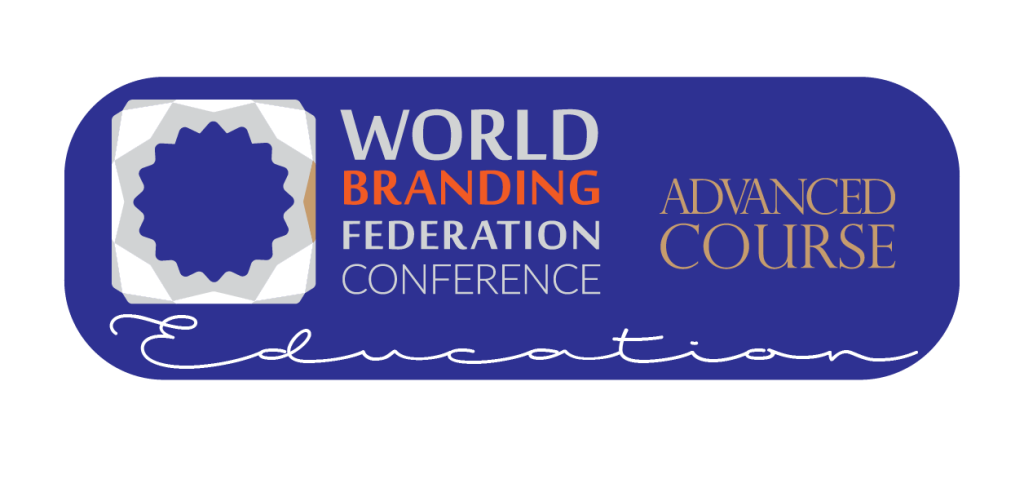
Advanced Experiential Branding
Experiential Branding focuses on creating memorable brand experiences that engage consumers on an emotional level. This course covers the principles of experiential marketing, designing immersive brand events, and using sensory elements to reinforce brand messages.
24 Houres
- Familiarity with Basic Branding Concepts
- Completion of the Beginner Branding Course
- Passing Score in the General Branding Exam and Interview
Introduction to Experiental Branding
Foundations and Frameworks
1.1 Introduction to Experiential Branding (1 hour)
- Recap of branding fundamentals
- Definition and importance of experiential branding
1.2 The Psychology of Experiential Branding (2 hours)
- Understanding consumer behavior and emotional connections
- The role of sensory experiences in branding
1.3 Designing Experiential Brand Strategies (2 hours)
- Key components of experiential branding strategies
- Aligning brand values with experiential elements
1.4 Case Studies: Successful Experiential Brands (1 hour)
- In-depth analysis of successful experiential branding campaigns
- Identifying key success factors and common pitfalls
1.5 Workshop: Developing an Experiential Concept (2 hours)
- Group activity to brainstorm and develop an initial experiential branding concept
- Presentation and peer feedback
Tools and Techniques
2.1 Immersive Technologies in Experiential Branding (2 hours)
- Overview of AR, VR, and other immersive technologies
- Practical applications and examples
2.2 Event and Activation Planning (2 hours)
- Steps for planning and executing branded events and activations
- Coordination, logistics, and creating memorable experiences
2.3 Content Creation for Experiential Campaigns (2 hours)
- Crafting engaging and immersive content
- Best practices for storytelling and engagement
2.4 Workshop: Experiential Campaign Development (2 hours)
- Hands-on activity to develop an experiential branding campaign
- Group presentations and feedback session
Implementation and Analysis
3.1 Implementing Experiential Campaigns (2 hours)
- Detailed guide to launching and managing experiential campaigns
- Real-world considerations and best practices
3.2 Measuring the Impact of Experiential Branding (2 hours)
- Key metrics and KPIs for experiential branding
- Tools and methods for assessing campaign effectiveness
3.3 Adapting and Scaling Experiential Strategies (2 hours)
- Adapting strategies for different markets and demographics
- Scaling successful campaigns and maintaining consistency
3.4 Final Project: Comprehensive Experiential Branding Plan (2 hours)
- Group activity to create a comprehensive experiential branding plan
- Presentation, critique, and final feedback session
This syllabus ensures that participants who are already familiar with basic branding concepts gain in-depth knowledge and practical skills specific to experiential branding, enabling them to design, implement, and evaluate effective experiential branding campaigns.

- Gabriel Rose
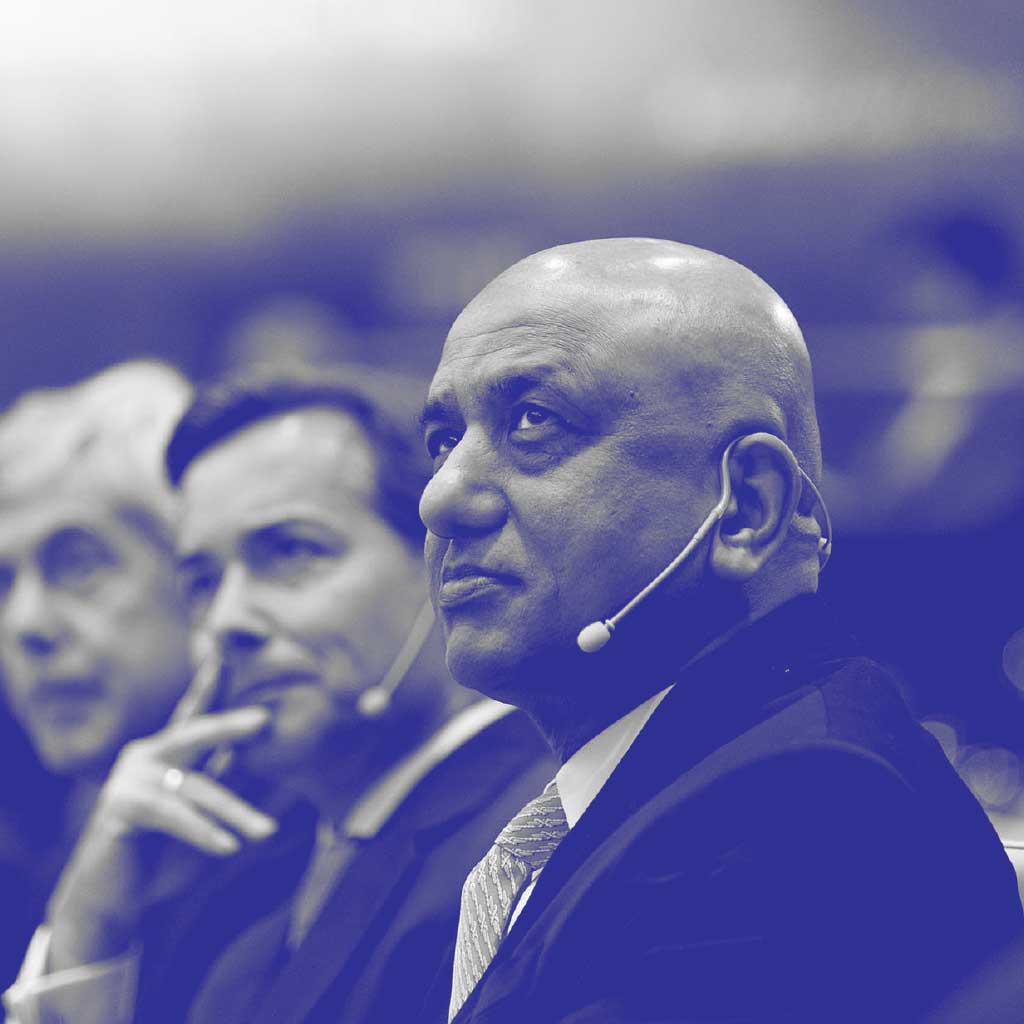
- Dr. Sunil Gupta

- Dr. Marla Spergel
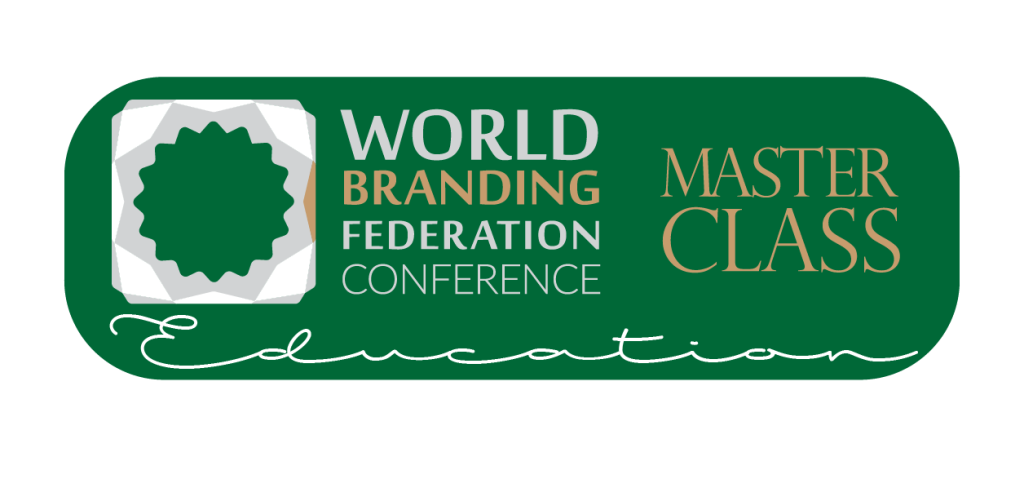
Master Class Digital Branding
Digital Branding focuses on building and managing brands in the digital space. This course covers strategies for online brand presence, social media engagement, content marketing, and using data analytics to optimize digital branding efforts.
48 Houres
- Proficiency in Corporate Branding
- Experience in an organization with over 100 employees Experience in an industrial environment and obtaining an interview approval prior to starting the course
- Having an active project and submitting a proposal before attending the course
Master Class Digital Branding Strategies
Digital Branding Fundamentals
- 1.1 Digital Branding Overview (2 hours)
- Recap of digital branding concepts
- Importance and impact of digital branding
- 1.2 Building a Digital Brand Strategy (3 hours)
- Developing a cohesive digital branding strategy
- Aligning digital strategies with business goals
- 1.3 Case Studies: Successful Digital Brands (2 hours)
- In-depth analysis of top digital branding campaigns
- Key success factors and takeaways
- 1.4 Workshop: Digital Branding Audit (1 hour)
- Group activity to assess and audit existing digital brands
- Presentation and feedback session
Digital Content and Engagement )
- 2.1 Content Creation for Digital Platforms (3 hours)
- Strategies for creating compelling digital content
- Best practices for different platforms (social media, blogs, videos)
- 2.2 User Engagement and Interaction (2 hours)
- Techniques to boost user engagement and interaction
- Analyzing user behavior and feedback
- 2.3 Leveraging Influencers and User-Generated Content (2 hours)
- Building partnerships with influencers
- Encouraging and utilizing user-generated content
- 2.4 Workshop: Content Strategy Development (1 hour)
- Group activity to create a content strategy
- Presentation and feedback session
Tools, Technologies, and Implementation
Advanced Digital Tools and Technologies
- 3.1 Digital Marketing Tools Overview (3 hours)
- Overview of essential digital marketing tools
- Practical demonstrations and applications
- 3.2 Analytics and Data-Driven Decision Making (2 hours)
- Using analytics to inform digital branding strategies
- Interpreting data and making data-driven decisions
- 3.3 SEO and SEM Best Practices (2 hours)
- Advanced techniques for search engine optimization and marketing
- Integrating SEO and SEM into digital branding
- 3.4 Workshop: Tools and Analytics Application (1 hour)
- Hands-on activity to apply tools and analyze data
- Presentation and feedback session
Implementation and Campaign Management
- 4.1 Digital Campaign Planning and Execution (3 hours)
- Steps for planning and executing digital campaigns
- Managing timelines, resources, and budgets
- 4.2 Social Media Strategy and Management (2 hours)
- Advanced social media strategies
- Managing social media presence and interactions
- 4.3 Crisis Management and Digital Reputation (2 hours)
- Handling digital crises and maintaining brand reputation
- Case studies and best practices
- 4.4 Workshop: Campaign Planning Exercise (1 hour)
- Group activity to plan a digital campaign
- Presentation and feedback session
Advanced Topics and Final Project
Emerging Trends and Innovations
- 5.1 Future Trends in Digital Branding (3 hours)
- Exploring emerging trends and technologies
- Preparing for future changes in digital branding
- 5.2 Personalization and AI in Digital Branding (2 hours)
- Leveraging AI for personalized branding experiences
- Case studies and applications
- 5.3 Integrating Digital and Traditional Branding (2 hours)
- Strategies for blending digital and traditional branding efforts
- Ensuring consistency across channels
- 5.4 Workshop: Innovative Branding Solutions (1 hour)
- Group activity to brainstorm innovative digital branding solutions
- Presentation and feedback session
Final Project and Presentations
- 6.1 Final Project Development (3 hours)
- Groups work on comprehensive digital branding projects
- Incorporating learned strategies and tools
- 6.2 Project Presentations (3 hours)
- Groups present their final projects to the class
- Peer and instructor feedback
- 6.3 Review and Q&A (2 hours)
- Review of key concepts and strategies
- Open Q&A session for final clarifications and discussions

- Andreas Kaplan

- Henry Engelhardt
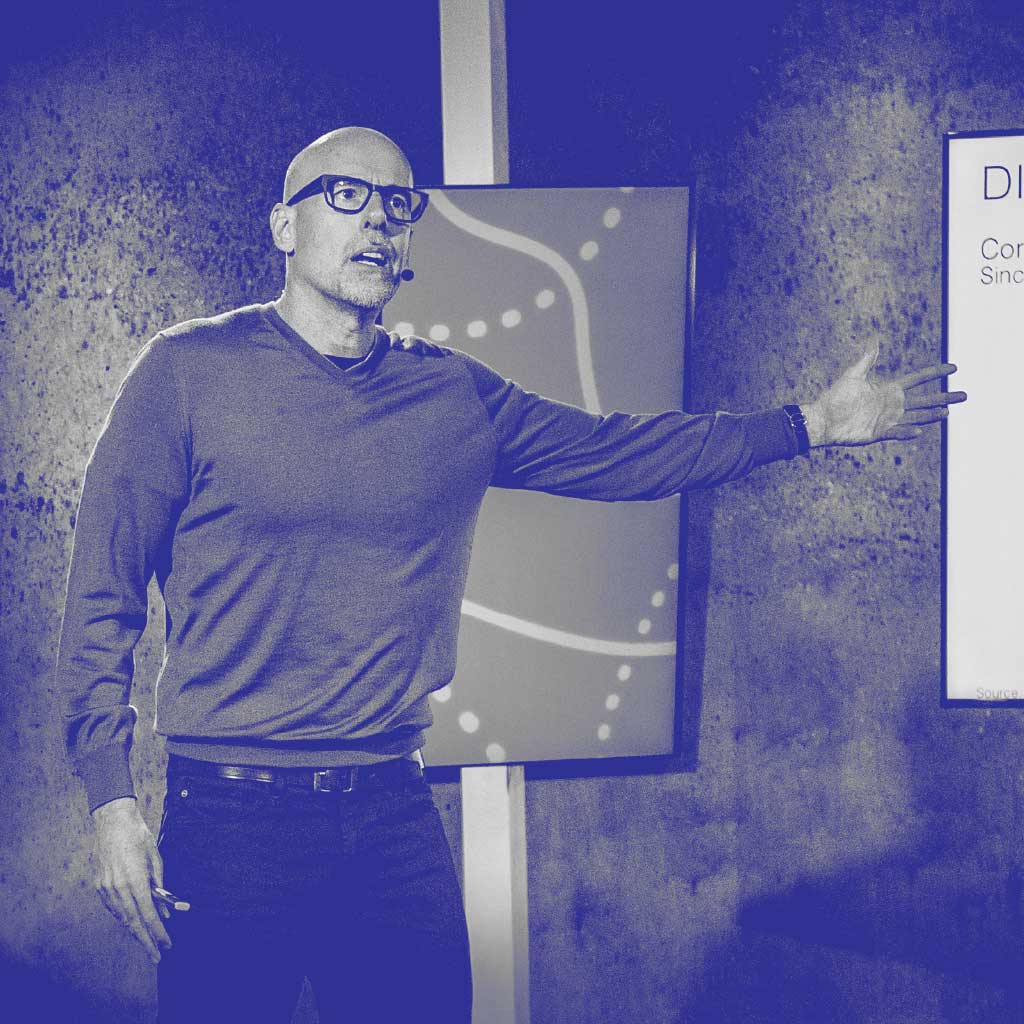
- Professor-Scott-Galloway
The Experiential and Interactive Branding course Registration
For better interaction and to request participation in the course, please fill out the form below carefully. Our training department will contact you via email within 72 hours, suggesting the nearest course in terms of timing and geographical location.